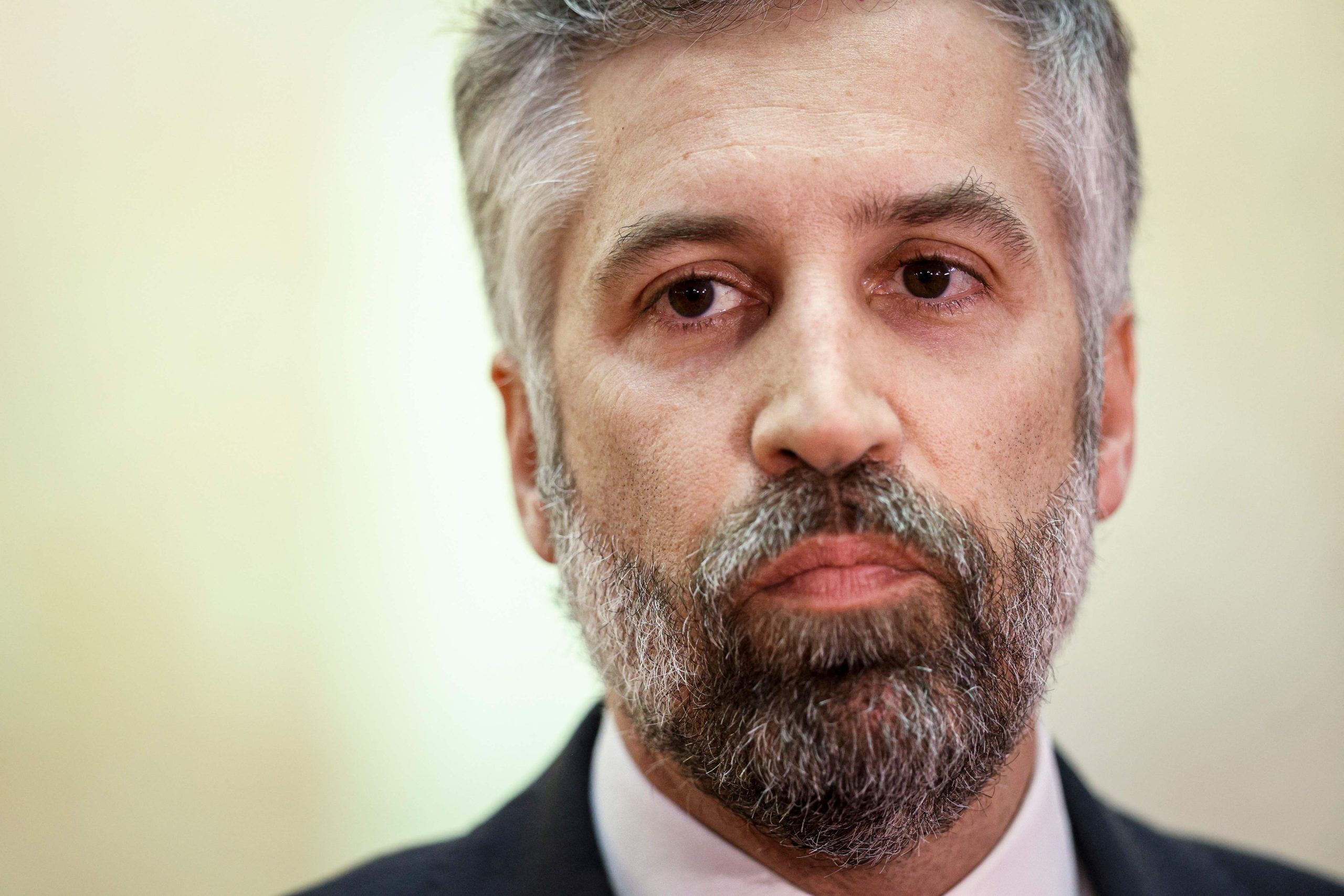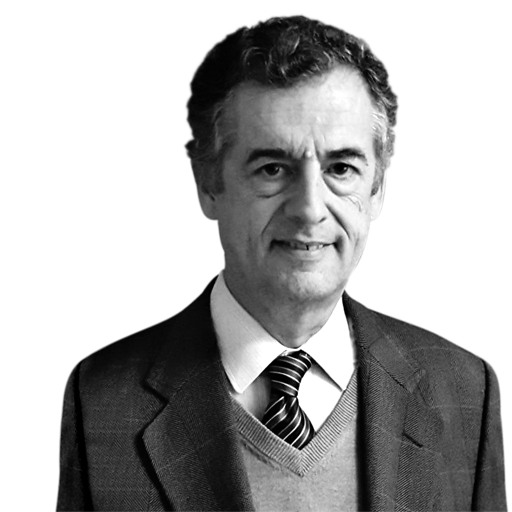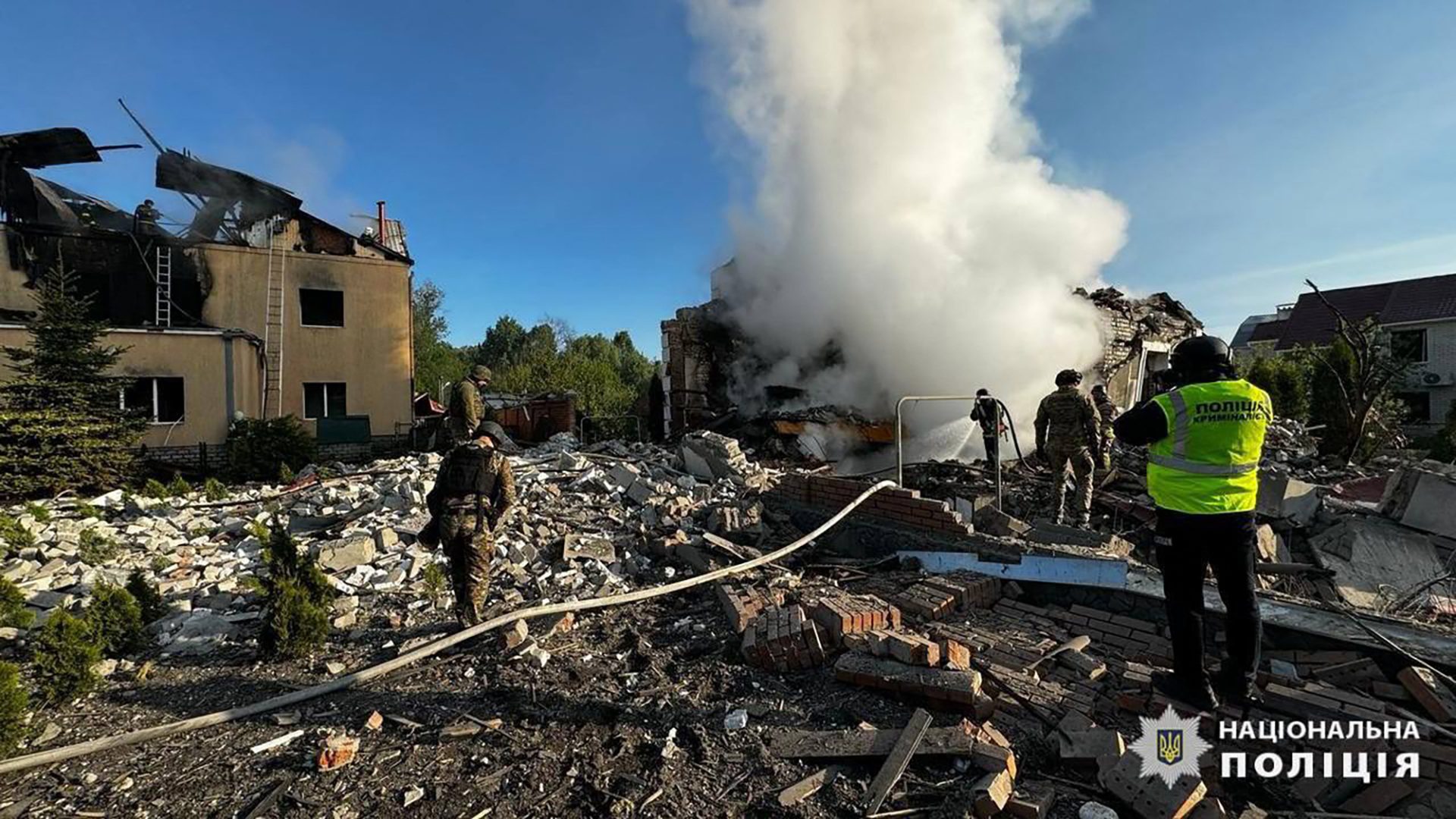The distance between the two goes from Lisbon to Porto

The debate between the PS and PAN leaders was the first with a candidate outside the studio and this probably damaged the interaction between the two – despite the constant stop and response tone, moderate with mastery by Pivot Sara Pinto. The PAN leader was at the attack and tried to touch the socialist to an image of radical, something Pedro Nuno « registered. » They only agreed on VAT Zero in Cabas Essential.
Inês Sousa Real was the first to answer the questions of journalist Sara Pinto about the party’s proposals on fiscal policy. Pan’s voice door tried to extend their arm to companies and entrepreneurs, saying that they cannot be devolished and tried to mark the difference from their opponent defending the IRC’s descent: « We are not fostering what is an excessive fiscal burden on companies. »
From Porto, Pedro Nuno Santos accused the touch and defended the socialist position. « We think the reduction of IRC, transversely and without criterion, is wrong, » adding that the tax is not a problem. To confirm this thesis, he recalled the « record » profits of various firms and that this had no repercussion on salaries or what is paid to producers, for example. For this reason, he added, the PS option of “displeasing the taxes that everyone pays, regardless of their income”, remembered VAT Zero’s promise to essential goods. Inês Sousa Real found here space to touch the socialist to the far left: « I thought it was debating with the Left Block and not with the PS, » he shot, adding that the socialist had just wondered companies. Already on VAT Zero, he recalled that his party had made this proposal in November and that the PS « rejected » it. Before moving on to the next theme of fuel prices, Pedro Nuno did not want to leave the opponent unanswered by saying that he had “registered” the attempt to be real to put a label of radicalism in the IRC and that the position of the PS was always “to privilege the companies that give an economically useful destination to their profits. There is no radicalization here”.
Already on taxes on fuels, defended the maintenance of supports since, said, most Portuguese do not have access to public transport, something in which they want to invest. « But until then we arrive we can’t overload families who depend on the car to work. » He also recalled what the PS did in government when it reduced the price of the pass.
When the debate went to the housing theme, the two showed their differences. Pedro Nuno justified the approval of the amendment to the soil law with the will to alleviate the negative impacts of the government proposal on soil law and that it has been able to reduce some problems, such as the guarantee that prices will have to be affordable. « I do not think the law is the solution, in fact AD has created problems in the subject of housing. It adopted measures on the side of demand that was not accompanied on the side of the offer led to the acceleration of prices, » he said. The victims, he added, were the young people. “We have to increase public and private construction.”
Inês Sousa Real said that the law allows the destruction of green spaces and recalled that the PAN achieved the Bonus of IMI and listed several measures that were left. « PS and PSD had a goal of another 50 thousand fires by 2026 and only 10% was fulfilled, » he said. Defended local financing to help municipalities as being done in France. He attacked the PS proposal to take advantage of CGD profits by saying that these profits are made in commissions and workers’ exploitation. Instead, he said he prefer more competitive CGD credits. It does not oppose the socialist measure but says it is not a solution. Pedro Nuno Santos, whom it was up to finish the debate, replied that there are not many more measures to take: “What is necessary is to build.”






